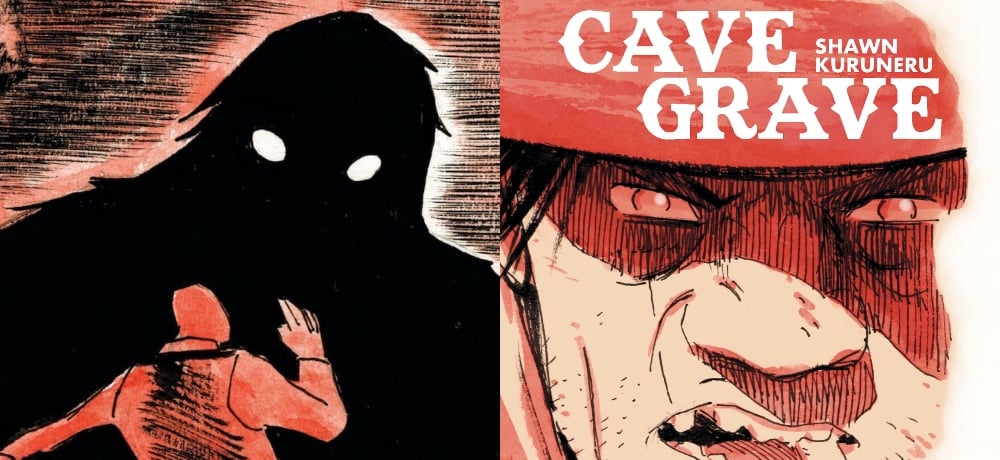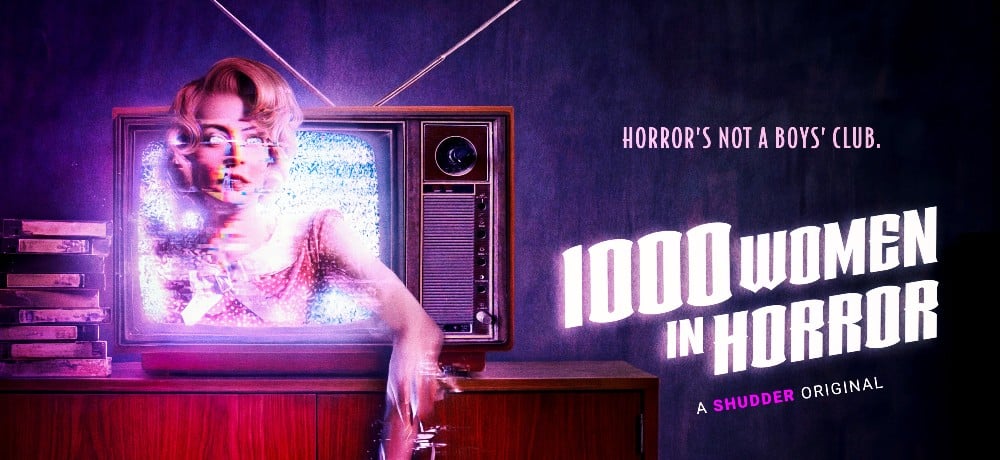





If there is anything that horror nerds know, it’s that you can’t always trust kids. Sure, they might seem cute, and some of them are even innocent. But in other cases, the minute your back is turned, they become a Damien or an Esther or a Rhoda. From Katrin Gebbe (Nothing Bad Can Happen) comes a film that offers a fascinating and touching spin on the evil kid subgenre.
Wiebke (Nina Hoss) is a single mother, raising her daughter Nicolina (Adelia-Constance Giovanni Ocleppo) and training horses in the German countryside. Her work informs her general outlook on the world—it takes time, dedication, and above all, patience. True connection comes through trust and through communication. It’s a concept that she puts to use every day, in every aspect of her life.
When she decides to adopt a second child, she knows that the young girl named Raya (Katerina Lipovska) will have an adjustment period. But Wiebke and Nicolina are ready for that and are excited to make her a part of the family. At first Raya seems to settle in comfortably. She plays with her new sister, she smiles and interacts with Wiebke, and everything seems to be progressing just fine.
Before long, though, Raya begins to act out. She makes messes, throws things, screams to no end, and even resorts to biting other kids at her preschool. At first, Wiebke tries to deal with the problem at home, instituting a more rigorous schedule and firm, but loving punishments for transgressions. When Raya’s behavior continues to worsen to the point of becoming dangerous, she eventually takes her to see a child psychologist. After conducting some tests, the doctor reveals that, due to a trauma in her past, Raya’s emotional growth has been stunted. She doesn’t really experience emotion and has no ability to feel empathy toward those around her. The psychologist recommends that Raya be put in a special group home so the staff can work to keep her outbursts under control.
Wiebke struggles with this diagnosis. She is, of course, concerned with Raya’s behavior, but she also knows that Raya is not at fault for her condition. She believes that with time and care, Raya can be helped. This proves to be much easier said than done. After several failed attempts at behavioral therapy, she reaches out to a local spiritualist and attempts to banish the darkness within Raya through folk magic.
Pelican Blood is unique in that it approaches the evil kid subgenre from the perspective of a drama. I love Orphan and The Bad Seed as much as the next person, but this film examines thoughtfully where the others exploit. It is more concerned with Wiebke’s ability to reach Raya than it is about the specifics of Raya’s outbursts.
This sets it apart from many of its contemporaries. The fear that evolves over the course of the story is rooted in Wiebke’s desperation to care for Raya. We’re less afraid of what Raya might do next and are instead asked to look at the more terrifying question of what happens when your child is born a sociopath? How do you cope with the knowledge that your child might be dangerous and could be beyond all help?
The film approaches psychological horror from a unique place, grounding it in the experiences of the mother character, as opposed to playing up the more violent or horrific moments. She is protective of both her daughters, and though Raya presents a problem, Wiebke (questionably) allows that protectiveness and love to guide her actions. She in no way ignores the troubling behavior or lives in denial of it, but she does try to fix it in her own way. The suspense of Pelican Blood lies not only in what Raya is capable of, but also in whether or not Wiebke will be able to reach her.
Pelican Blood is an immensely satisfying film that finds its terror in human emotion. Wiebke wants so desperately to care for and help her daughter heal, but knowing deep down that such a thing could very well be impossible introduces an interesting hurdle, both as a plot point and as a glimpse inside her character. Gebbe’s direction masterfully creates a story that will frighten on a very primal level and allow the audience to connect with its characters as people.
Movie Score: 5/5
---------
Visit our online hub to catch up on all of our live Fantastic Fest 2019 coverage, including more reviews and interviews from the festival!